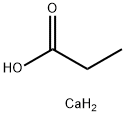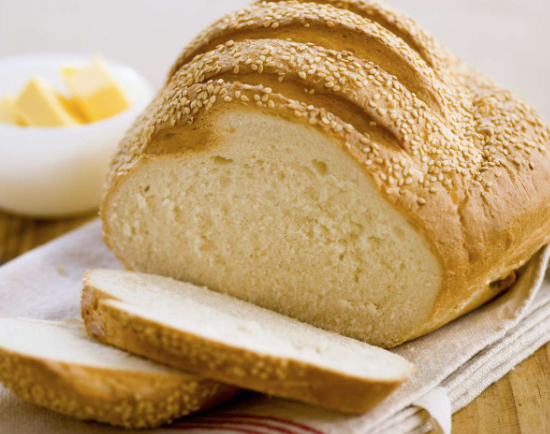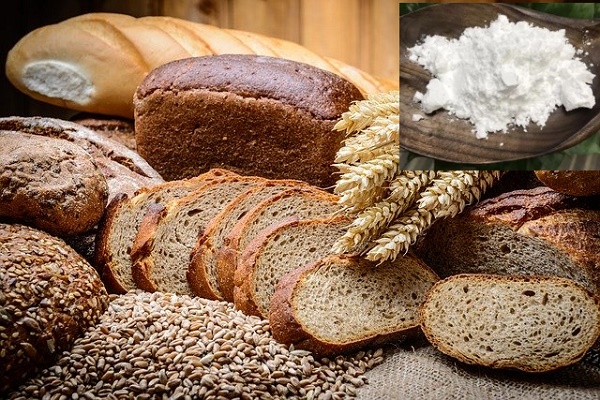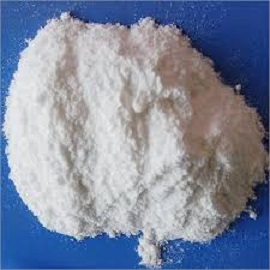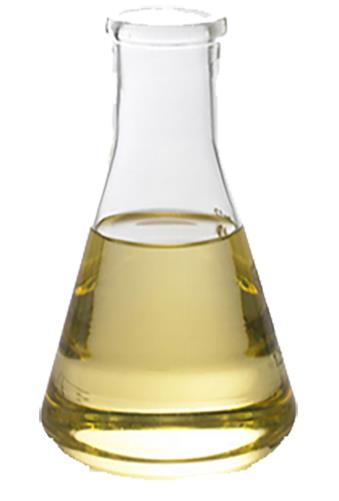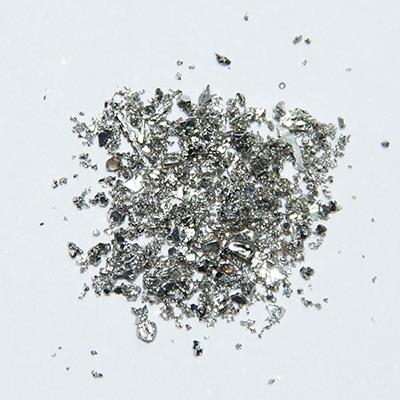Calcium propionate: Application, safety, Mechanism and Preparation
Indication
Calcium propionate is a food additive that is used as a preservative in baked goods, dairy products, processed meats, and other food products. It is a calcium salt of propionic acid, which occurs naturally in some foods and is also produced by bacteria during fermentation. Calcium propionate helps to extend the shelf life of food products by inhibiting the growth of mold and other microorganisms. It is thought to work by disrupting the metabolic processes of these organisms, making it more difficult for them to grow and reproduce. While calcium propionate is generally considered safe for consumption by regulatory agencies like the FDA, some studies have suggested that it may have negative health effects in high doses. For example, there is some evidence to suggest that it may be linked to behavioral problems in children, although further research is needed to confirm this. As with all food additives, it is important to consume calcium propionate in moderation and as part of a balanced diet[1].
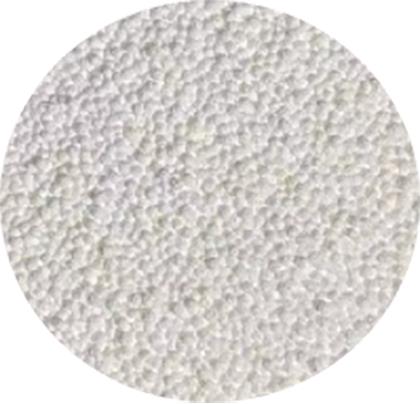
Figure 1 Appearance of Calcium propionate
Application
Calcium propionate is a food preservative that is commonly used in bakery products such as bread, cakes, and pastries. It works by inhibiting the growth of mold and other microorganisms, which can cause spoilage and reduce the shelf life of these baked goods. In addition to its use in the baking industry, it is also used in animal feed to prevent the growth of mold and other harmful bacteria. It has been found to be effective in reducing the incidence of digestive disorders and other health problems in livestock. Outside of the food and agriculture industries, calcium propionate has also been used in the production of plastics and other materials as a mold inhibitor. Additionally, it has been studied for its potential use as a fungicide in the treatment of fungal infections in humans and animals[2].
Safety
Calcium propionate is generally recognized as safe (GRAS) by the U.S. Food and Drug Administration (FDA) and is approved for use in food products in many countries around the world. It has been extensively studied for its safety and efficacy, and there is no evidence to suggest that it poses a significant risk to human health when consumed in moderate amounts as part of a normal diet. However, like all food additives, calcium propionate should be consumed in moderation and as part of a balanced diet. Some studies have suggested that high doses of calcium propionate may have negative health effects, such as causing behavioral problems in children or exacerbating certain medical conditions like asthma. However, these studies are limited and further research is needed to confirm any potential risks associated with calcium propionate consumption. It is also worth noting that some individuals may be sensitive to calcium propionate and experience adverse reactions when consuming foods containing this preservative. Symptoms may include headaches, nausea, or skin rashes. Individuals who experience these symptoms should consult with a healthcare professional and avoid consuming foods containing calcium propionate if necessary[3].
Mechanism of calcium propionate in prolonging food shelf life
Calcium propionate prolongs the shelf life of food products by inhibiting the growth of mold and other microorganisms. It does this by disrupting the metabolic processes of these organisms. When calcium propionate is added to food, it dissociates into its component ions, calcium and propionate. The propionate ion is then able to act as an antimicrobial agent by lowering the internal pH of microorganisms, which makes it more difficult for them to grow and reproduce. Propionate also interferes with the production of energy in microorganisms, since it is a necessary substrate for a key metabolic pathway known as the tricarboxylic acid cycle. By reducing the availability of propionate, microbial growth can be slowed down or even halted altogether. In addition to its antimicrobial properties, calcium propionate also has some antioxidant effects, which may further contribute to its ability to extend shelf life by preventing the oxidation of lipids and other compounds in food products. Overall, calcium propionate works by disrupting the metabolism and growth of microorganisms, thereby preventing spoilage and extending the shelf life of food products[4].
Preparation
Calcium propionate is typically prepared by reacting propionic acid with calcium hydroxide or calcium carbonate. The reaction between these compounds produces calcium propionate as well as water.
The process for preparing calcium propionate generally[5] involves the following steps:
1. Production of propionic acid: Propionic acid can be produced through various methods, including microbial fermentation of sugars or synthesis from petrochemicals.
2. Neutralization of propionic acid: The propionic acid is then neutralized with a calcium compound, such as calcium hydroxide or calcium carbonate, to form calcium propionate and water. This reaction is typically performed under controlled conditions of temperature and pH to optimize yield and purity.
3. Purification and drying: The resulting calcium propionate solution is purified to remove any impurities, and the product is then dried to form a solid powder that can be used as a food additive.
References
[1] Ryan L A M, Dal Bello F, Arendt E K. The use of sourdough fermented by antifungal LAB to reduce the amount of calcium propionate in bread [J]. International Journal of Food Microbiology, 2008, 125(3): 274-8.
[2] Yin Yan, Li Chenbo, Zeng Yelin, Wang Tian. Calcium propionate and its application in animal production [J]. Feed Industry, 2011,32 (16): 15-17.
[3] Breidenbach Brianne M.,La Troy M.,Keller Nathan. The Effect Of Pre- And Postnatal Exposure To A Common Food Preservative (calcium Propionate) On Dopaminergic Signaling In The Nucleus Accumbens Of Mice: 1947[J]. Medicine & Science in Sports & Exercise,2022,54.
[4] Carrillo Muro Octavio,Rivera Villegas Alejandro,Hernández Briano Pedro,López Carlos Marco Antonio,Aguilera Soto Jairo Iván,Estrada Angulo Alfredo,Medina Flores Carlos Aurelio,Mendez Llorente Fabiola. Effect of calcium propionate level on the growth performance, carcass characteristics, and meat quality of feedlot ram lambs[J]. Small Ruminant Research,2022.
[5] Zeng Meiduan, Tang Guoxiu, Zeng Qingsong, Zhou Mingyang, Jianli Wen, Zheng Yi. Study on the process of ultrasonic assisted preparation of calcium propionate from oyster shells [J]. Fujian Agricultural Science and Technology, 2021,52 (11): 63-68.
Related articles And Qustion
See also
Lastest Price from Calcium Propionate manufacturers
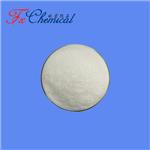
US $0.00/KG2025-04-21
- CAS:
- 4075-81-4
- Min. Order:
- 25KG
- Purity:
- 98%min
- Supply Ability:
- 30tons/month

US $1.00/KG2025-04-21
- CAS:
- 4075-81-4
- Min. Order:
- 1KG
- Purity:
- 99%
- Supply Ability:
- 10 mt
